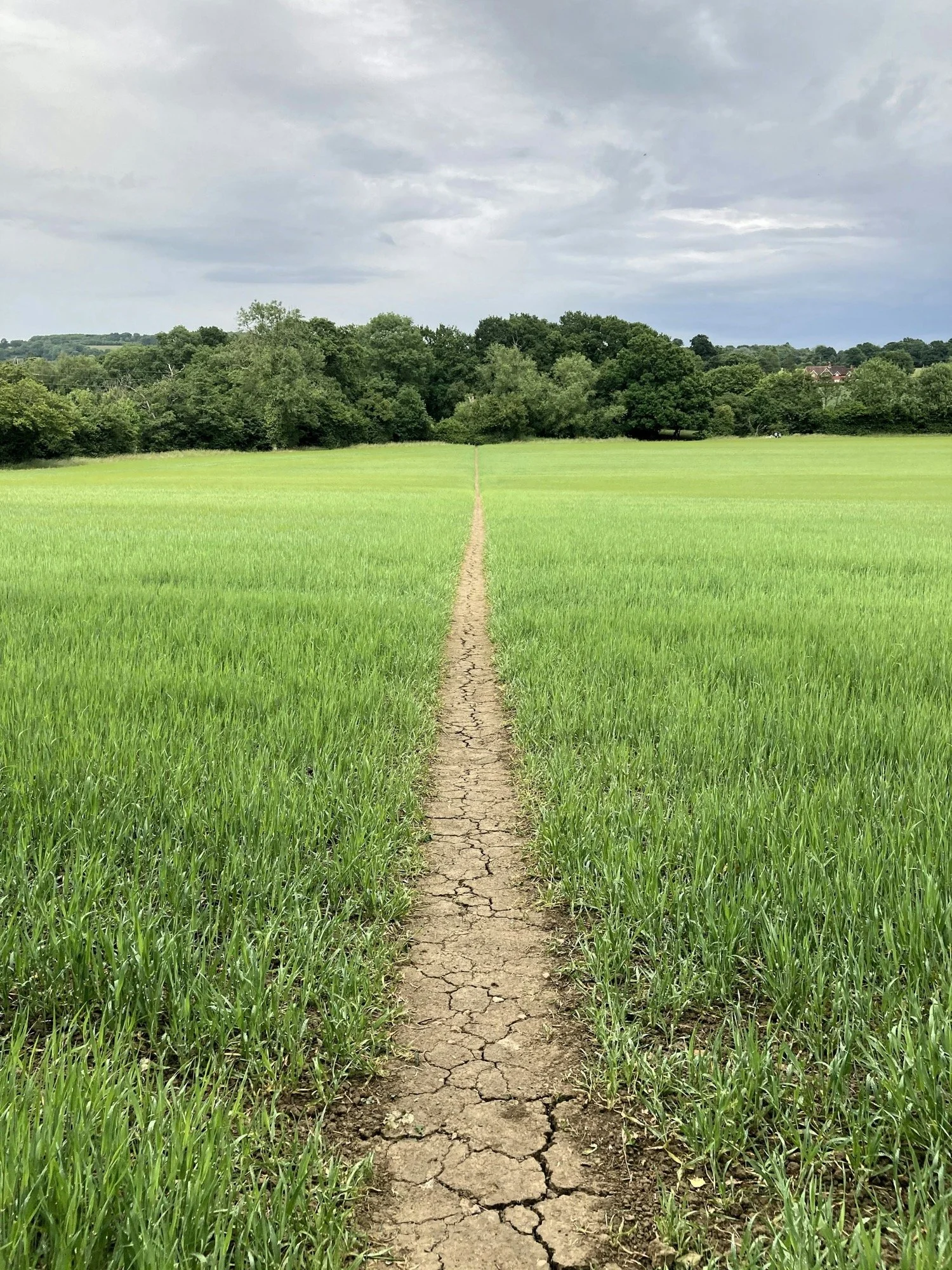Readings for today: Psalms 32, 86, 102-103, 122
The more I spend time with people, the more I am convinced that so much of our pain and heartache and struggle is because we do not truly understand who we are. We have a distorted self-image. We look in the mirror and we are blind to the true nature of the person looking back at us. This is why reading and re-reading and re-reading Scripture is so important. Within the pages of this precious book, God teaches us the deepest truths about ourselves. The narrative runs something like this...
“So God created man in his own image, in the image of God he created him; male and female he created them.” (Genesis 1:27) You and I were designed to live in a world of perfection. A paradise called Eden. We were made in the image of God so that we might show forth the glory of God. We were given dominion and authority and power to rule over all God has made as a kind of vice-regent or undershepherd.
“Behold, I was brought forth in iniquity, and in sin did my mother conceive me.” (Psalms 51:5) We abandoned our vocation. We rebelled against God. We aspired to be gods ourselves. In so doing, the image of God was marred. Corrupted. Poisoned. Every single human being since Adam and Eve’s fall has been born in brokenness. Born in sin. Conceived in iniquity. From the moment the sperm fertilizes the egg, we are lost.
“Jesus answered him, "Truly, truly, I say to you, unless one is born again he cannot see the kingdom of God." (John 3:3) We are lost but we are not hopeless! Out of love, the Father sent His only Son into the world that whosoever would believe in Him would not perish in their sin. All who believe in Christ are born again. Born a second time. This time of the Spirit.
“Therefore, if anyone is in Christ, he is a new creation. The old has passed away; behold, the new has come.” (2 Corinthians 5:17) Being born of the Spirit literally changes our DNA. Changes the fundamental reality of our existence. Gives us a new nature. A new heart. A heart of flesh sensitive to the leading of God to replace the heart of stone that was so rebellious and resistant. The image of God is now restored. Our vocation renewed. The commission re-issued. Go. Make disciples of all nations. Baptize. Teach. Fill the earth. Subdue. Have dominion. Share my glory with all of creation.
“In a moment, in the twinkling of an eye, at the last trumpet. For the trumpet will sound, and the dead will be raised imperishable, and we shall be changed.” (1 Corinthians 15:52) The final promise. Jesus will come again. On the last day, a trumpet shall sound. The heavens will open. The dead will rise. And we shall be changed from one degree of glory to another. The imperfect shall be made perfect. The perishable shall be made imperishable. Sin and death will be destroyed. Eternity sets in. We are home.
This is the fundamental worldview of the Psalmist. It’s the fundamental narrative they are singing about though the revelation of Jesus as Messiah still lies far off in the future. They trust in the steadfast love and faithfulness of the Father to bring about His will on the earth. They also understand this side of heaven that we are broken, sinful, corrupt creatures in desperate need of God’s grace. And grace only comes as we confess. As we repent. It’s more than feeling bad. More than feeling guilty. More than feeling ashamed. It’s about turning from our sin. Turning towards God. Making the necessary changes in our lives in response to all God has done for us. “Blessed is the one whose transgression is forgiven, whose sin is covered...I acknowledged my sin to you, and I did not cover my iniquity; I said, "I will confess my transgressions to the Lord," and you forgave the iniquity of my sin.” (Psalms 32:1, 5)
What do you need to confess today? Where have you fallen short? Where do you feel enslaved? Afflicted? Ashamed? Guilty? In what areas of your life has the Spirit brought conviction? Is it your thoughts? Attitudes? Actions? Feelings? The life of a believer in Jesus is one of constant confession as we come before the Lord acknowledging our sin, receiving His grace, and learn to follow in His ways. Does this mean we should live our lives in constant guilt? Live our lives in constant shame? Absolutely not! God’s love is everlasting! And His promise is sure! “For as high as the heavens are above the earth, so great is his steadfast love toward those who fear him; as far as the east is from the west, so far does he remove our transgressions from us.” (Psalms 103:11-12) Cling to the love of God, sinner! Let His love be the cornerstone of your life! Let His grace set you free! Trust in His faithfulness to save you from depths of your sin!
Readings for tomorrow: None




